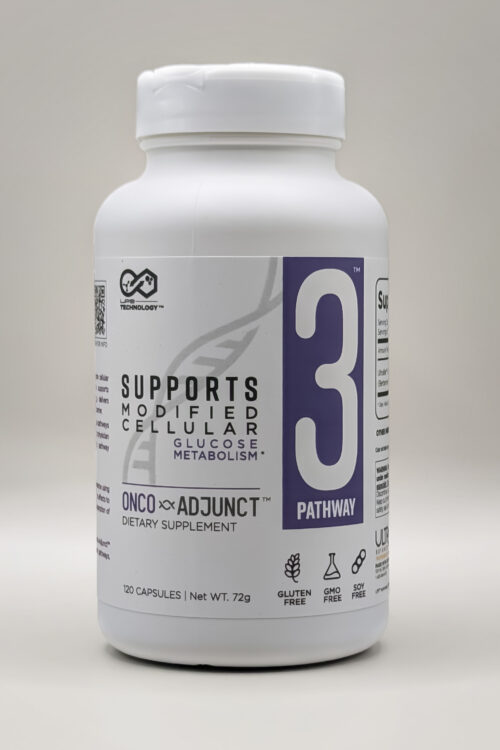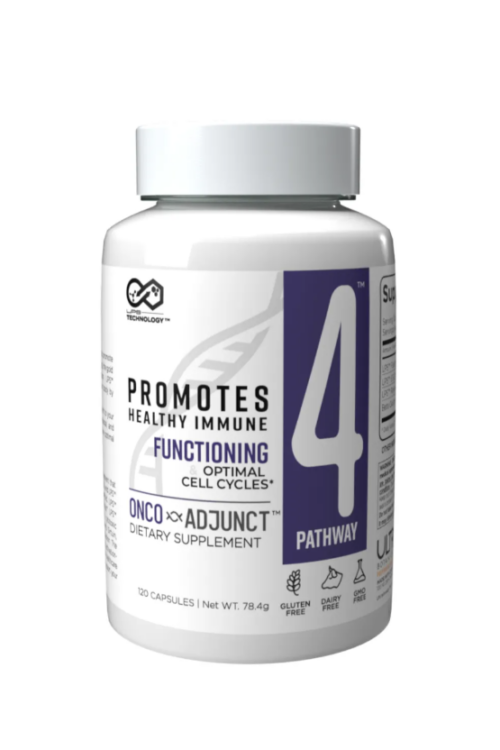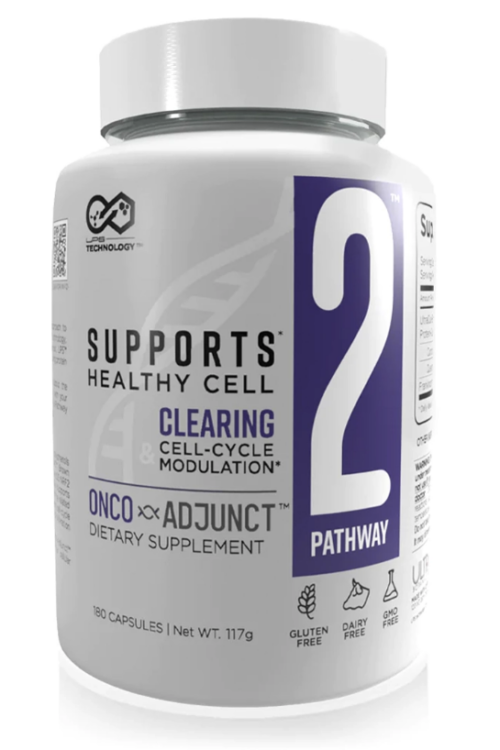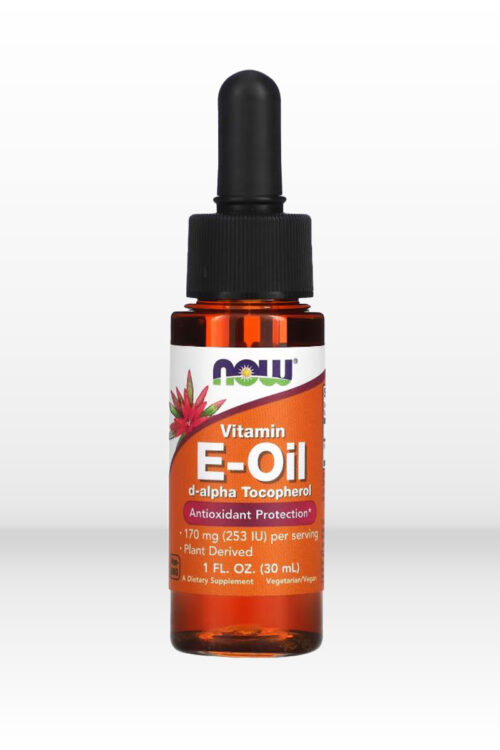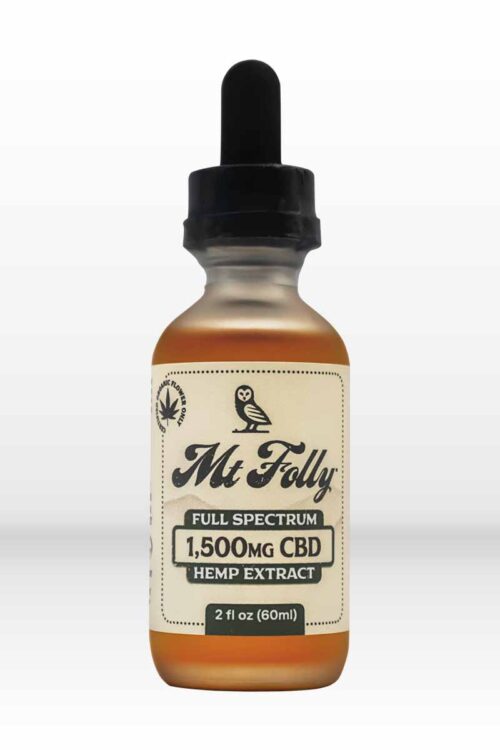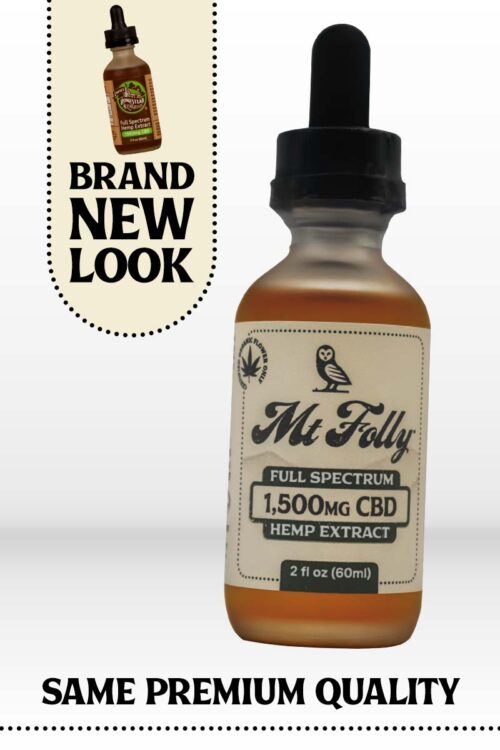Is fenbendazole safe for humans? This is a very common question, and rightfully so. In this article, we will discuss what fenbendazole is and what the limited research is suggesting when it comes to human consumption.
What is Fenbendazole?
Fenbendazole (brand names Panacur® and Safe-Guard®) is an antiparasitic medication used to treat various worms, including roundworms, hookworms, whipworms, and certain tapeworms in animals. It belongs to the benzimidazole class, which works by destabilizing the microtubules that are essential to the parasite’s cell structure. Other benzimidazoles include albendazole, parbendazole, mebendazole, and flubendazole. Check out the Joe Tippens Protocol.
According to the American Kennel Club, “fenbendazole kills parasites by binding to tubulin (a type of protein), which interferes with the parasites’ ability to form microtubules.”

Fenbendazole belongs to the benzimidazole class, which includes other compounds like albendazole, parbendazole, mebendazole, and flubendazole. Although scientific studies on fenbendazole’s use beyond its intended purpose are limited, some research suggests that veterinary drugs may be candidates for repurposing in human applications.
Another study highlights that “repurposing veterinary drugs that show promising results for human use can significantly reduce the time and costs required to develop new drugs.”
Is Fenbendazole Safe for Humans?
Although research on the effects of fenbendazole in humans is limited, some studies indicate that it is generally well-tolerated. According to a 2018 study, fenbendazole is a broad-spectrum benzimidazole anthelminthic approved for use in various animal species. It is known for its high safety margin and low toxicity in experimental animals.
Another study examined the potential side effects of fenbendazole in humans. “Based on limited human data, it appears that doses up to 500 mg per person did not result in adverse effects,” the study states. “Moreover, single doses up to 2,000 mg per person were reported to cause no adverse effects.”
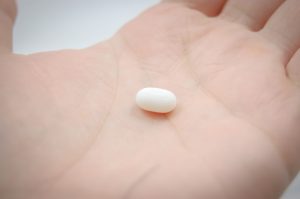
What Is the Joe Tippens Protocol?
The Joe Tippens Protocol was developed by a man who had been diagnosed with small-cell lung cancer. Despite undergoing treatment, his cancer spread to his neck, right lung, stomach, liver, bladder, pancreas, and tailbone, and doctors gave him only three months to live. Refusing to give up, Joe turned to an unconventional approach.
He had heard reports of a scientist at Merck Animal Health who had cured her stage four brain cancer using a canine medication after researching its effects on mice. Inspired by her success, Joe decided to try the same approach. He began taking fenbendazole and later added curcumin and CBD oil, thus creating the Joe Tippens Protocol. You can read more about his experience on his blog.



